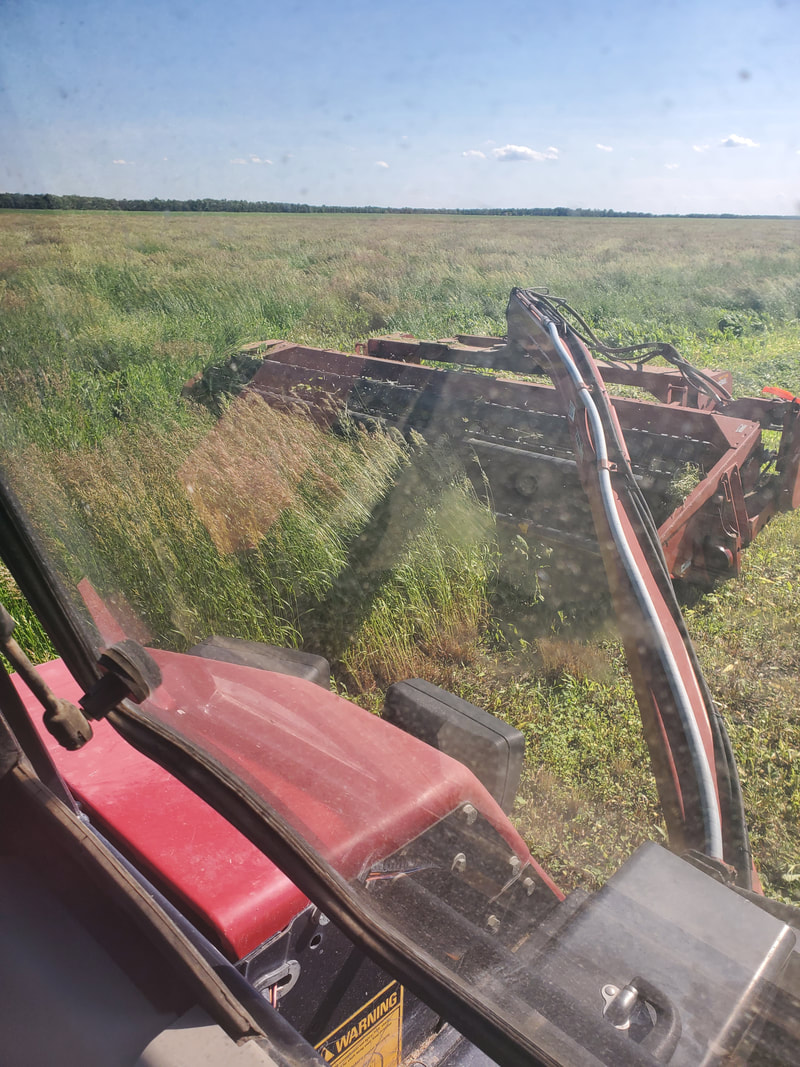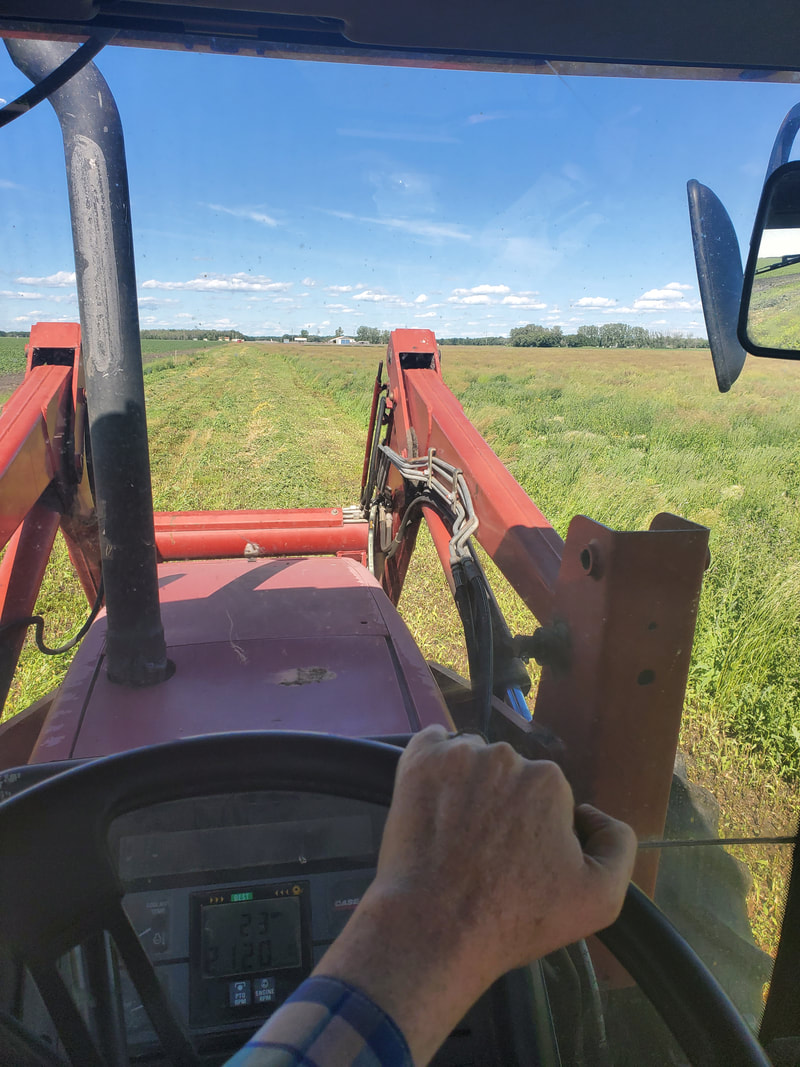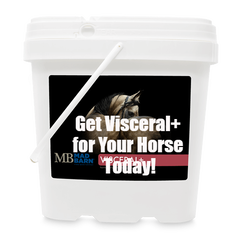|
Chronicles of a Stable Owner are real-life stories about caring for horses and their people Written by Dr. Gwen Donohoe, Owner/Manager at Sagehill Stables I was out in the field on a warm sunny morning, helping my dad change some section knives on the haybine. Something we've done many times before, but I sill wouldn't be able to tell you what size wrench was needed... Skills and knowledge that I hope is going to stay retained in my brain somewhere until one day when I have to do it on my own. After spending 6 hours doing maintenance on the haybine and baler, including running to the dealership to buy $500+ worth of extra parts and lubricants, I started thinking about how there are lots of aspects to every business that people just don't understand how much work it actually is. The same is true for the horse business as it is the hay business. Hay is a big deal for stables, in terms of horse health and is second only to labour in terms of biggest costs of production. I would say having to buy hay has been one of the most challenging and frustrating aspects of being a stable owner. However, making hay can be equally frustrating, something I think many barn owners and managers don't understand and don't have sympathy for when making hay purchases. As someone who has been on both sides of the fence, I have some important points to ponder when making hay purchases:
There's probably more that I could say but I'll leave it at that... Would you rather the stress of making hay or buying hay? Many stable owners and managers do buy hay, so here are some things you can check for before you by hay.
The quantity you are buying in makes a difference. It can be easy to find a dozen or two dozen good quality bales for someone who has a couple horses in their back yard. When you are buying in large quantities (hundreds of bales), you really have be diligent and make good connections in the community with local farmers, especially in years where quality and/or quantity might be lacking. How do you do this?
As we finished up our maintenance on the haying equipment, literally using a grinder to get off rusty bolts and having a heck of time getting the new parts to fit, we questioned whether it was really worth it making our own this year. After three years of drought I jumped at the opportunity of potentially having some cheaper hay and hopefully better quality hay... But it was going to rain the next day, again, and the likelihood of getting a second cut now is looking dimmer and dimmer... The longer the hay stands the more foxtail seems to be maturing and popping up in places I didn't see it before... I think I will end up having to sell a lot of they hay I make and buy horse quality hay. But that's the hay business...
0 Comments
Your comment will be posted after it is approved.
Leave a Reply. |
AuthorGwendolyn Donohoe, PhD, is the owner/manager at Sagehill Stables. Read more here Archives
March 2024
Categories
All
|




